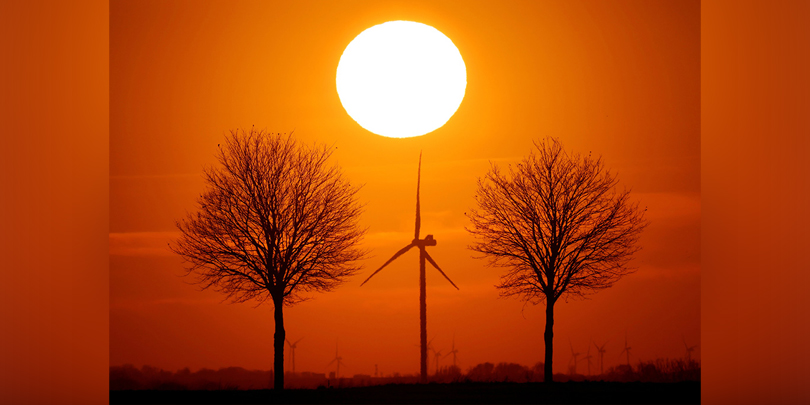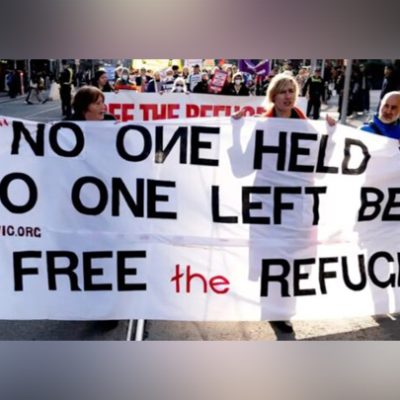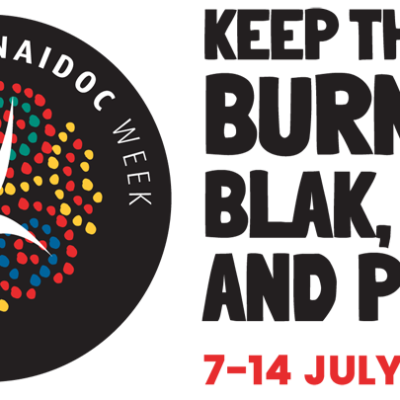
It is important for Catholics to celebrate World Day of Social Justice, writes Catholic social teaching and climate change expert Daniel DiLeo. Source: NCR Online.
The Church affirms social justice, which reforms institutions and policies, as key to Catholic social teaching. It also acknowledges that to offer credible witness, it must embody social justice through ecclesial policies that enact its social teaching.
Animated by Catholic social teaching, especially Pope Francis’ Laudate Deum and the United States bishops’ climate advocacy, each bishop should enact a science-based diocesan decarbonisation policy. Such commitment engages faith and reason to advance the Church’s evangelical mission.
In the United States, Archbishop Thomas Zinkula of Dubuque, Iowa, and Cardinal Blase Cupich of Chicago are leading the way. Catholics should engage in synodality and encounter their bishop to advocate similar episcopal leadership.
As detailed in Lumen Gentium, the Church is the people of God called to advance God’s kingdom of love, justice, peace and ecological sustainability. We fulfil this mission through evangelisation, which occurs through “living testimony as well as by the spoken word”.
This means the Church must act to “be, on earth, the initial budding forth of that kingdom” by living its social teaching, says Lumen Gentium. In Justicia in Mundo and Evangelii Nuntiandi, the Church recognises it will lack credibility to advocate for civic social justice if it does not embody its own teaching.
While Gaudium et Spes says all are called to this work, bishops are uniquely ordained to steward the Church’s evangelical mission by “teaching, sanctifying, and governing,” as stated in Christus Dominus. Governing entails administering diocesan resources through policies — ecclesial social justice — that enact Catholic social teaching.
In 1990, St John Paul II warned in Peace With God the Creator, Peace with All Creation that the “ ‘greenhouse effect’ has now reached crisis proportions” due to human activities. In the subsequent 30 years, he, Popes Benedict XVI and Francis, and bishops’ conferences have consistently recognised climate change as an urgent moral crisis.
Faithful to its evangelical mission, the Church has repeatedly enacted social justice through advocacy for civic climate policies.
The Catechism of the Catholic Church describes faith as the “adequate response” to God’s love. When it comes to the climate crisis, that “adequate response” requires prudent climate policies guided by the best available science.
Daniel DiLeo is a moral theologian, associate professor, and director of the Justice and Peace Studies Program at Creighton University in Nebraska.
FULL STORY
Every bishop should decarbonize his diocese — and other Catholics can help (By Daniel DiLeo, NCR Online)






